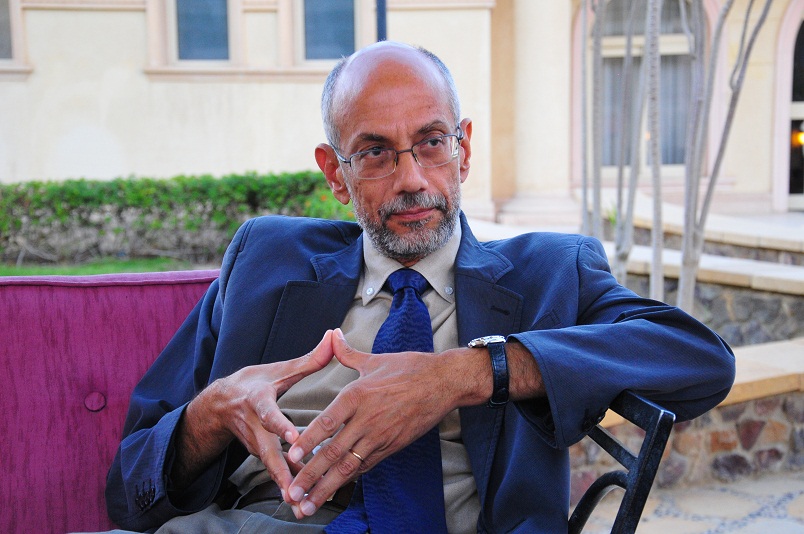JERUSALEM: Israel’s decision to ease its blockade of Gaza has drawn criticism from Palestinians who say it does not go far enough and Israelis who fear it will strengthen the territory’s Hamas rulers.
Western governments, however, including the United States, have hailed the move as a step in the right direction.
Palestinian president Mahmud Abbas, whose authority has been confined to the occupied West Bank since Hamas seized power in Gaza and ousted his forces in 2007, insisted Israel must completely lift the four-year-old blockade.
"President Abbas demands the complete lifting of the siege on Gaza," his spokesman Nabil Abu Rudeina said.
"These steps alone are not sufficient, and all efforts must be exerted to ease the suffering of the people of Gaza," he added.
Gaza’s Islamist rulers also dismissed Israel’s decision and called for "the complete and genuine lifting of all forms of the blockade."
Hamas spokesman Sami Abu Zuhri said this must include "the opening of all the crossings and guaranteeing the movement of residents and the entry of all goods, especially industrial and building materials."
"We want all of Gaza’s needs to be met, including electricity and fuel and the lifting of all banking restrictions, and this is what is not included in the Israeli decision, which means the siege is still in place," he told AFP.
Israel announced on Sunday it would allow the import of strictly "civilian" goods, but will restrict "problematic dual-use" items — thought to include construction materials which can be used to build rockets and bunkers. Israel did not mention allowing exports out of Gaza.
The new policy follows mounting international pressure in the wake of a May 31 Israeli commando raid that killed nine Turkish activists aboard a flotilla of aid ships on a blockade-busting bid.
Hawkish Prime Minister Benjamin Netanyahu told a parliamentary committee the decision was taken in coordination with the United States and other governments and with international Middle East peace envoy Tony Blair.
"It’s the best decision Israel could take since it takes away Hamas’s main propaganda tool," Netanyahu said.
"It gives us a legitimate reason in the eyes of our friends in the world to reinforce the security blockade while lifting the civilian blockade," he added.
But Israeli Deputy Defence Minister Matan Vilnai warned that "the decision to allow the entry of more goods into the Gaza Strip will indirectly help Hamas strengthen its power."
"Everything that enters Gaza comes under the control of Hamas," he told public radio.
Environment Minister Gilad Erdan, on the other hand, insisted the blockade had not achieved the desired effect.
"The blockade caused damage to us: it did not enable us to weaken the Hamas power or to speed up the release of Gilad Shalit," Erdan, who is close to Netanyahu, told army radio.
"One should not cling to principles that bring no profit and for which one has to pay."
Meanwhile Britain hailed the plan as "an important step in the right direction," EU foreign policy chief Catherine Ashton called it "a significant improvement" and the White House said it "should improve life for the people of Gaza."
Sunday’s announcement came ahead of a planned July 6 meeting in Washington between Netanyahu and US President Barack Obama, who has called the humanitarian situation in Gaza "unsustainable."
Until now, Israel has allowed humanitarian supplies and some commercial goods into Gaza, where the majority of the 1.5 million population relies on foreign food aid.
Other supplies, including weapons, are smuggled in through tunnels dug deep under Gaza’s border with Egypt.
Israel imposed the blockade in June 2006 after its soldier, Gilad Shalit, was captured by Gaza insurgents and tightened it a year later when Hamas seized power in the coastal strip.


